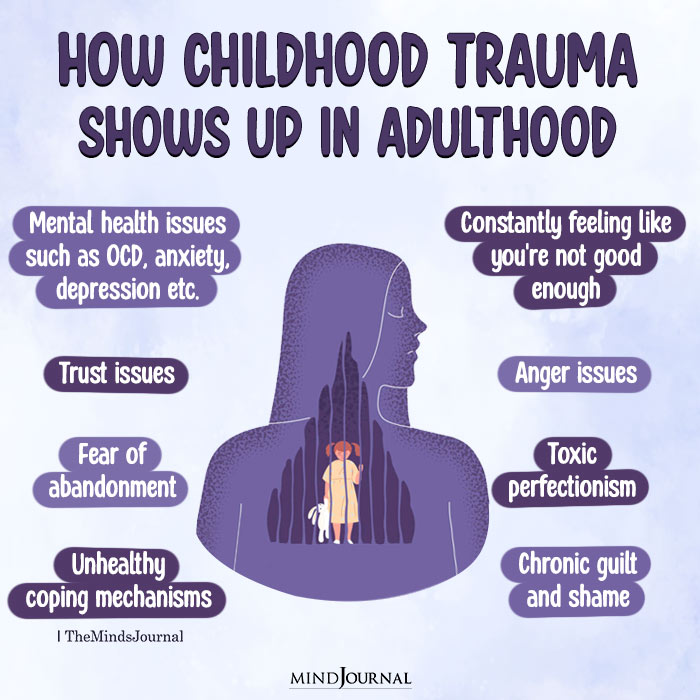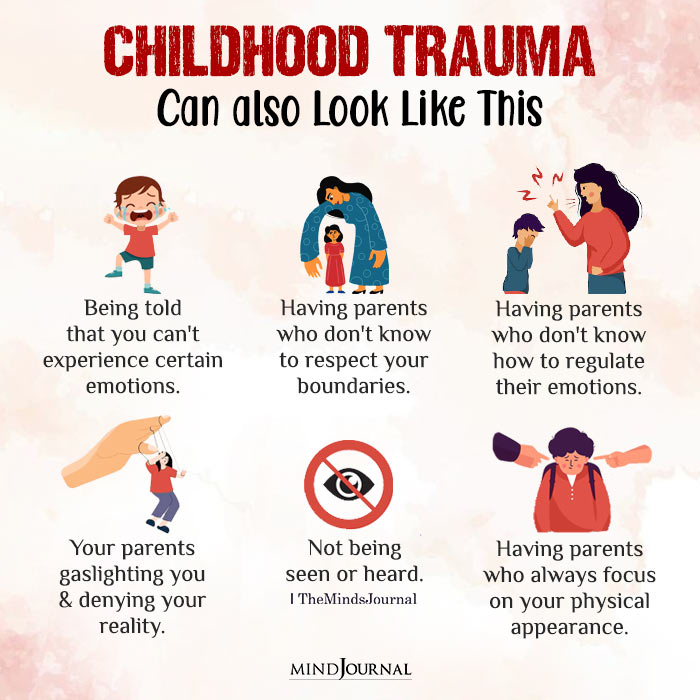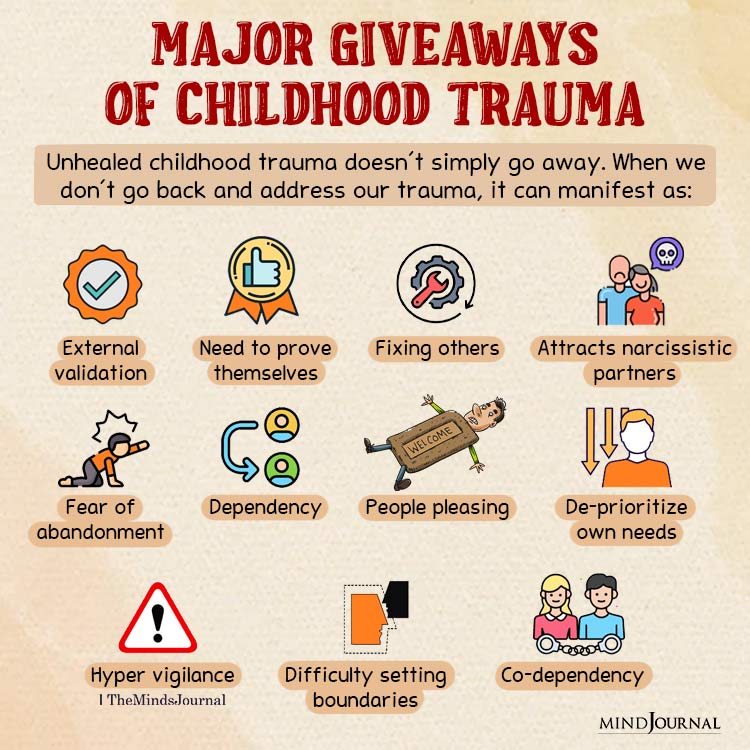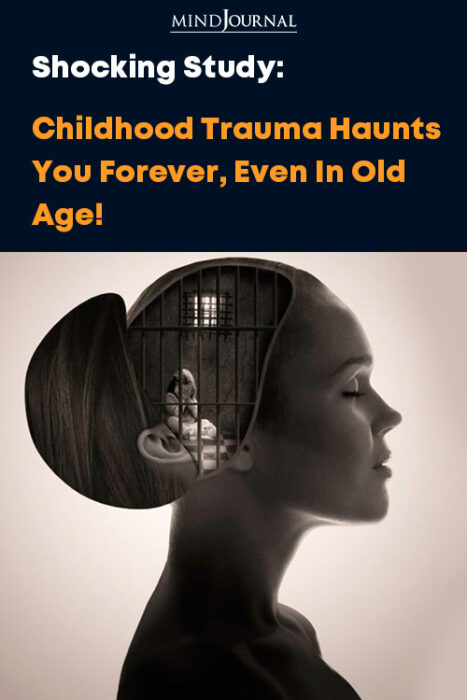A new UCSF study sheds light on the lasting impact of childhood trauma on people’s lives as they age.
Published in the Journal of General Internal Medicine, the study explored how adverse childhood experiences (ACEs), including physical violence, abuse, family financial stress, and parental separation, affected individuals later in life.
The research highlights the link between childhood trauma and both physical and cognitive issues in old age, emphasizing the need for improved care and intervention strategies for victims.
This study could pave the way for transformative changes in geriatric care as the U.S. population continues to age.

Read more here: 8 Types Of Childhood Trauma And How To Defeat And Heal From Them
The Study’s Findings: Lasting Impact Of Childhood Trauma
The study’s researchers examined over 3,300 Americans aged 50 to 97, evaluating their physical performance, balance, walking ability, and cognitive, and memory functions.
The results revealed that individuals who had experienced childhood violence were 40% more likely to have mobility impairments and 80% more likely to face difficulties with daily activities in later life.
Additionally, those from unhappy families had a 40% higher likelihood of experiencing mild cognitive impairment.
Read more here: How A Messed Up Childhood Ruins Your Adult Life
Mental Health Problems And Childhood Trauma
The research also highlighted the association between childhood trauma and mental health problems in older age.
The Centers for Disease Control and Prevention (CDC) reports that 60% of adults have experienced childhood trauma, leading to various mental health issues like depression.
The study’s findings emphasized that these early traumatic experiences can have long-lasting effects on one’s mental well-being, impacting their quality of life throughout their lifetime.

Challenges In Geriatric Care
Dr. Alison Huang, a lead author of the study and a UCSF professor of medicine, pointed out that there is still much to be done in addressing the impact of childhood experiences on health in later life.
Many clinicians currently focus on older adults’ current health conditions without considering the potential origins of these issues in trauma.
However, by acknowledging the lasting effects of childhood trauma, healthcare providers can adopt better practices in caring for older adults and tailor treatments accordingly.

Read more here: 10 Ways To Overcome Childhood Trauma: Grow Beyond Your Childhood Trauma And Reclaim Your Life
Societal Structures And Childhood Trauma
The study’s authors emphasized the need for policymakers and communities to recognize and address the societal structures that perpetuate childhood trauma.
Certain groups, such as African American and Latinx individuals, are more likely to experience multiple ACEs due to historical marginalization, racial discrimination, and structural violence.
Understanding these societal factors is crucial in developing targeted interventions to break the cycle of trauma and promote better mental and physical health outcomes in older age.
The Power Of Memory And Trauma
The study also revealed that traumatic experiences from childhood can remain vividly etched in individuals’ memories even after 50 years.
The impact of these memories on current health suggests the need for comprehensive approaches to address both historical and present trauma.
By recognizing and validating the experiences of trauma survivors, healthcare providers can create a supportive environment for healing and recovery.
The study’s results open the door to potential changes in healthcare, particularly in the field of violence prevention and trauma understanding.
An assistant professor of medicine at UCSF and a study author expressed enthusiasm for exploring best practices in caring for trauma survivors.
Building on this research, healthcare professionals can develop innovative interventions and support systems to address the long-term effects of childhood trauma in older age.
The UCSF study on the lasting impact of childhood trauma highlights the urgent need for improved care and intervention strategies for survivors.
Childhood trauma can lead to physical and cognitive issues later in life, and the prevalence of mental health problems is also significantly influenced by early adverse experiences.
By acknowledging the connection between childhood trauma and older age health outcomes, healthcare providers can tailor their approaches to offer better support and care for older adults who have experienced trauma.
Additionally, understanding the role of societal structures in perpetuating childhood trauma can lead to broader efforts to break the cycle of violence and discrimination, promoting healthier and more resilient communities.









Leave a Reply
You must be logged in to post a comment.